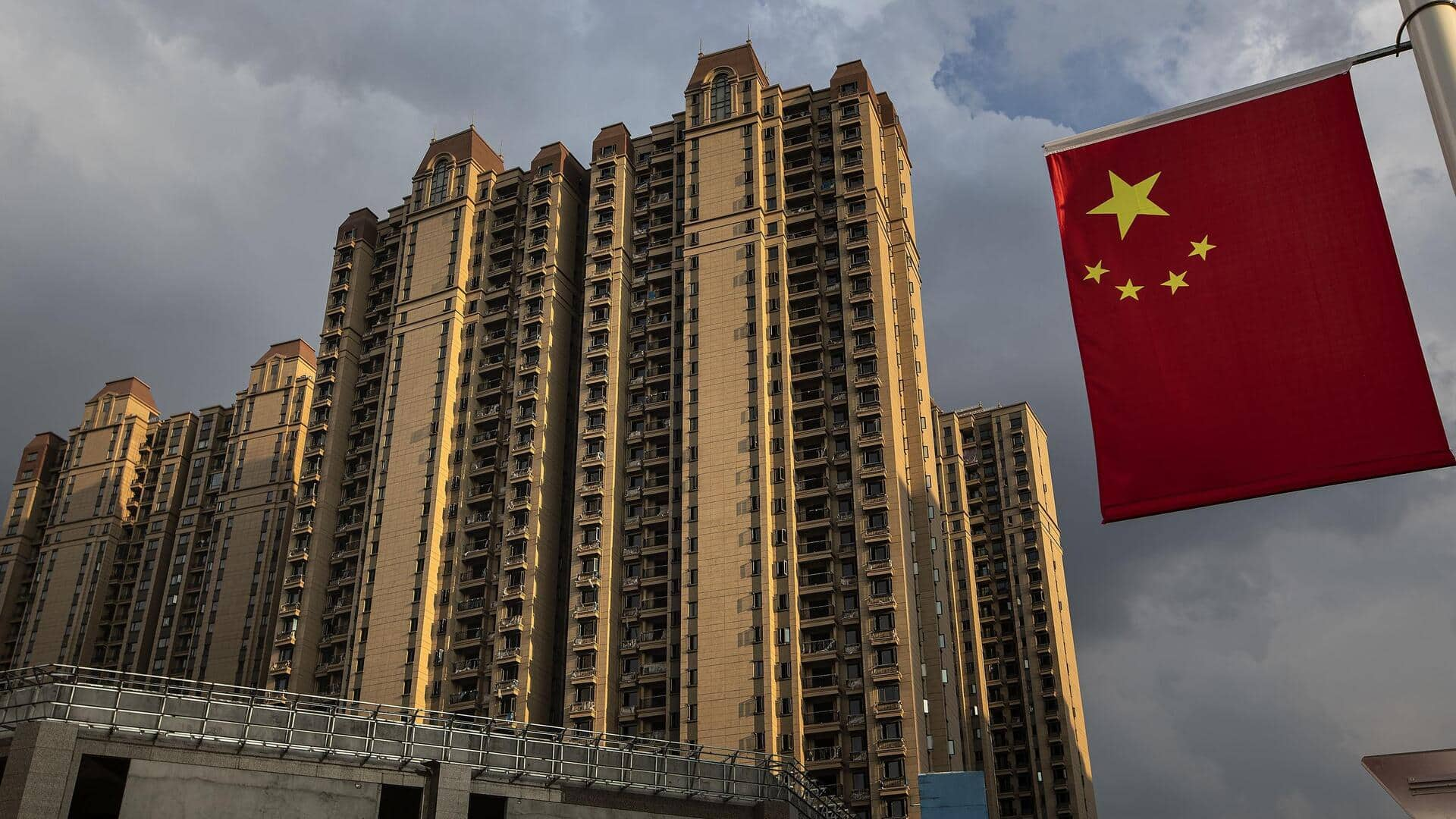
China considers offering property developers unsecured loans for first time
What's the story
China is considering a new approach to help ease its ongoing property debt crisis, which could involve allowing banks to provide unsecured short-term loans to eligible developers. This move would enable banks to issue working capital loans for daily operational expenses, potentially freeing up funds for debt repayment. Additionally, officials are exploring a system where one lender would take the lead in supporting a struggling builder by collaborating with other creditors on financing plans.
Details
Support mechanism for distressed builders
However, implementing this strategy would require regulators to exempt bankers from being held responsible for potential bad loans, given the high risks involved. Discussions are still underway and subject to change. If approved, these measures would mark China's most aggressive effort to address the estimated $446 billion (approximately Rs. 37.17 lakh crore) funding gap needed to stabilize the industry and complete millions of unfinished homes.
What Next?
Addressing $446 billion funding shortfall
China's President Xi Jinping is also ramping up support for the broader economy. His recent actions indicate a heightened sense of urgency to prevent the property sector's downward spiral from hindering growth and jeopardizing financial stability. While working capital loans could alleviate short-term funding issues, it remains uncertain how this will affect developers' ability and willingness to repay creditors, particularly offshore bondholders who have already experienced billions of dollars in losses.
Insights
Impact on banks and offshore bondholders
Shifting more responsibility to lenders also carries risks, as China's $57 trillion (approximately Rs. 4,750 lakh crore) banking industry is already grappling with shrinking margins and a record number of bad loans. China's leading wealth manager Zhongzhi said it is "severely insolvent" with liabilities reaching up to 460 billion yuan (Rs. 5.4 lakh crore). The proposed changes aim to strike a balance between supporting the property sector and maintaining financial stability, but the ultimate impact remains to be seen.